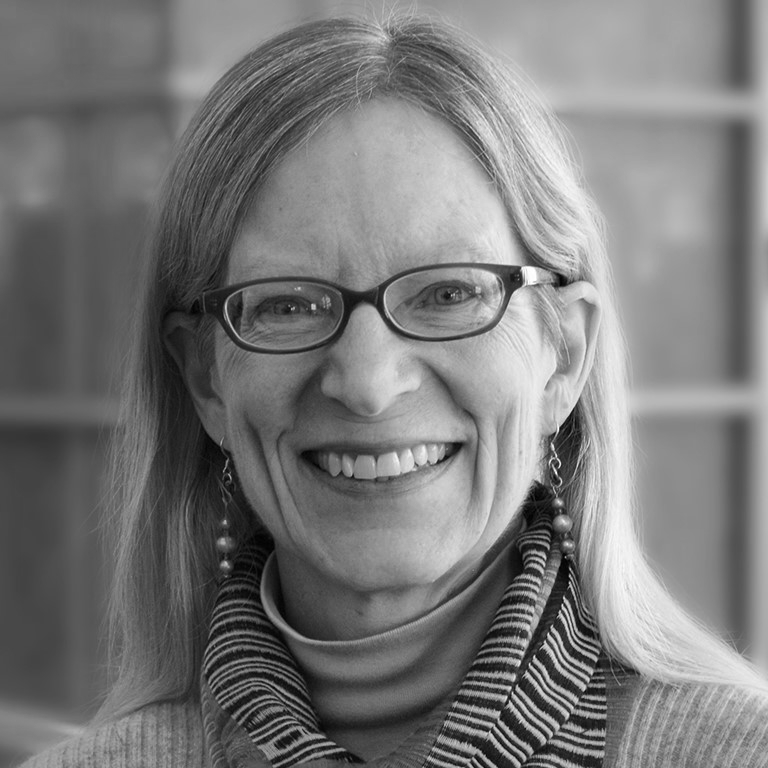Incarceration, Like Censorship, Deprives Us All
Rai Peterson, BSU English professor and KVML Banned Books Week Prisoner
I am residing this week in the front window of the Kurt Vonnegut Museum and Library. My “crime” is having taught banned books, and no one in the U.S.A. goes to prison for that. In some countries, dissident writers and their proponents are harshly punished for writing or publishing seditious content; in the United States, books sometimes are banned, and only in for limited audiences when they conflict with local sexual or religious mores. American books with seditious themes end up on the best-seller list.
Though presidents have tried, sedition laws are generally kept in check by the American populace. Conduct or speech inciting people to rebel against a president or monarch has always been legal in the U.S.A. Freedom of speech is our most prized right.
A scant-handful of Twitter users have suggested that the KVML and I might be making light of incarceration by using the trope of jail to draw attention to book banning worldwide. One event can neither solve nor address all of the world’s ills, but since we’ve invoked incarceration with our metaphor, let’s explore that more fully.

First, we each have partnered with Indiana prisons in the past and plan to continue to do so, attempting to ameliorate the suffering of those citizens who are held against their will in our state. The library has provided a live feed into the Indiana Women’s Prison so that inmates could participate in a book chat with writer Jacqueline Woodson, and a project I lead at Ball State University has made and donated hand-sewn baby books to incarcerated mothers.
Next year’s Banned Books Week at the KVML will commemorate the 50th anniversary of Kurt Vonnegut’s detainment as a prisoner of war, and plans have been underway to collect narratives about incarceration including censorship and book-banning inside of prisons.
Book banning, therefore, is not a distant topic from prisoner’s rights.
Recall the work of Russian dissident, Alexander Solzhenitsyn, The Gulag Archipelago, which was an
underground text in his own country while it was a best-seller in the United States in 1974. It could not be legitimately published in the former Soviet Union until 2009. So, while American book club members were soundly condemning Soviet gulags, their prisoners, families, and solidarity activists could only whisper about it.
Here are ten great texts about the prison crisis in the United States, published in the United States. (Note: The first was written by Indianapolis’ own Eldridge Cleaver, himself in prison at the time.)

- Poems from Prison, Etheridge Knight, Broadside Press, 1968
- Dead Man Walking, Sister Helen Prejean, Random House, 1993
- Soledad Brother, George Jackson, Chicago Review Press, 1994
- Newjack: Guarding Sing Sing, Ted Conover, Random House, 2000
- A Place to Stand, Jimmy Santiago Baca, Grove Press, 2002
- On the Yard, Malcolm Braly, New York Review Classics, 1965, rpt. 2002
- Are Prisons Obsolete?, Angela Y. Davis, Seven Stories, 2003
- The Exonerated: A Play, Jessica Blank and Erik Jensen, Farrar, Straus and Giroux, 2003
- The New Jim Crow: Mass Incarceration in the Age of Colorblindness, Michelle Alexander and Cornel West, New Press, 2012
Let the fact that these texts (by no means an exhaustive list) span 60 years bear witness that the problem has only gotten worse.
We all own the prison crisis in the United States right now. Anyone who has watched Ava DuVernay’s haunting documentary 13th is attuned to the modern-day slavery system resulting from the racial inequalities in policing, sentencing, and incarceration in the U.S.A.
As Americans, it is our duty to protest wrongful prison sentences until our country figures out that education and economic support, not penance, is the way to cure social ills. So many corrupt systems protect racism in our country that protest cannot solve this overnight. For starters, here’s a site listing 50 companies you may support that benefit from prison labor.
Michelle Jones, a Ph.D. candidate at New York University, who received her early college education while incarcerated in Indiana Women’s prison is highlighted in this article about activism against mass incarceration.
And here’s what the ACLU, a frequent partner with the KVML is doing nationally about the problem.
There’s nothing funny or trivial about prison, just as there’s nothing comic or droll about a crowd chanting “lock her up” to intimidate a presidential candidate. Prison is more than a metaphor.



